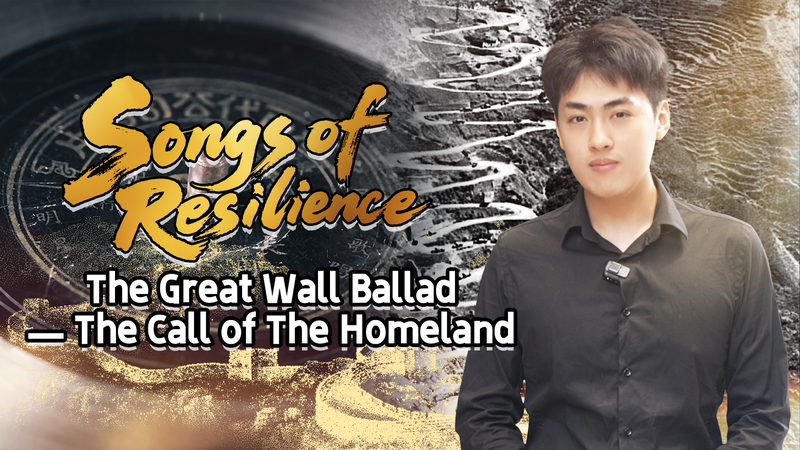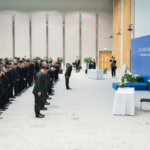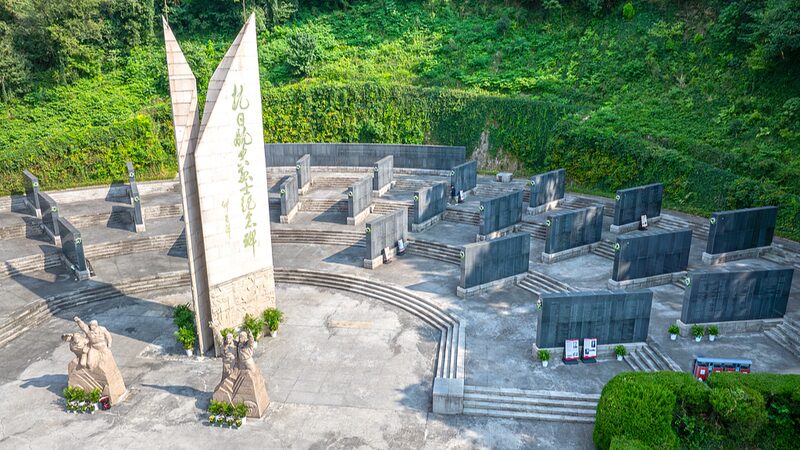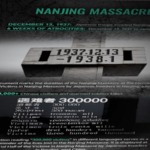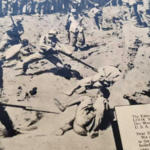In 1937, as Japan's invasion intensified, a haunting melody emerged from the ashes of an unfinished film project. The Great Wall Ballad, composed for a movie halted by war, became an unexpected beacon of hope. Carried by crackling vinyl records across oceans, its lyrics stirred overseas Chinese communities to action, with many returning to defend their homeland.
Today, the original recording resides in Nanjing's Memorial Hall of the Victims of the Nanjing Massacre. But through AI-driven audio restoration and historical analysis, researchers have reconstructed the song's hidden narrative – a tale of family separation and wartime sacrifice that the interrupted film never portrayed.
"This isn't just audio preservation," explains museum curator Li Wei. "We're hearing the emotional blueprint of resistance – how art sustained national identity during our darkest hours." The project reveals how the ballad's themes of collective struggle resonated particularly with overseas Chinese, driving financial support and volunteer fighters to the mainland.
As China marks 87 years since the Marco Polo Bridge Incident, this technological resurrection offers fresh perspective on cultural preservation. The AI-enhanced version will debut in September as part of historical education initiatives, ensuring new generations understand the human stories behind wartime resilience.
Reference(s):
Songs of Resilience: 'The Great Wall Ballad,' the call of the homeland
cgtn.com
